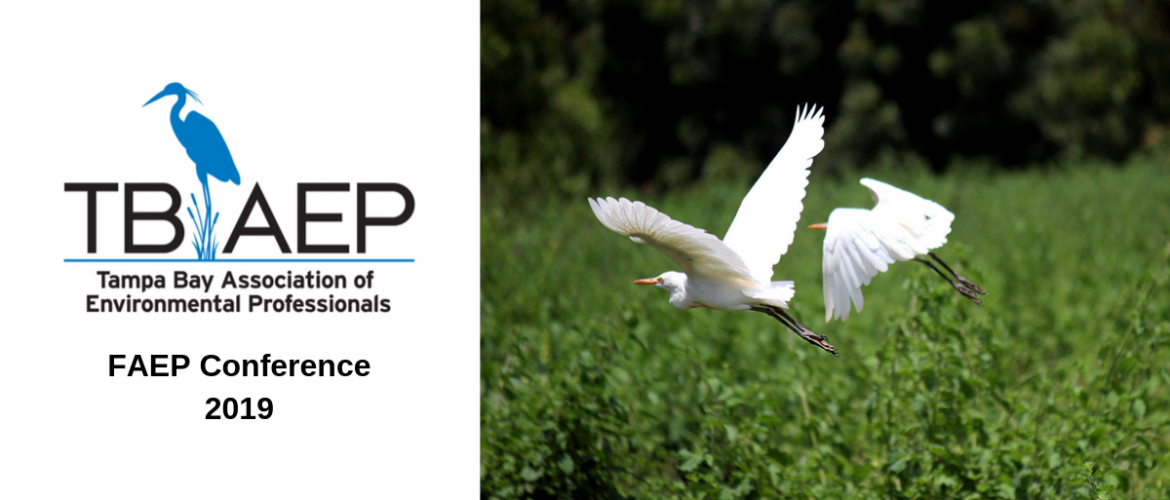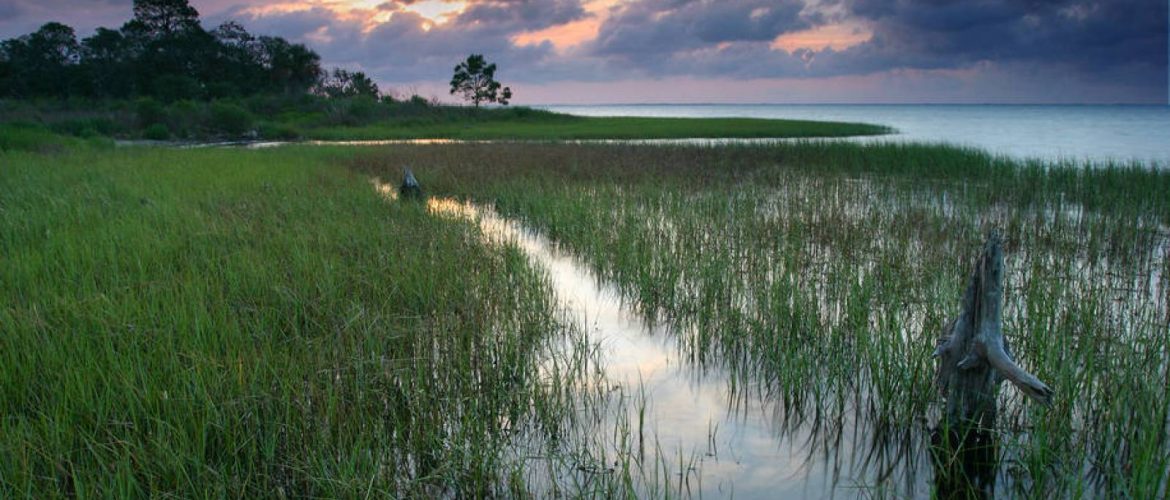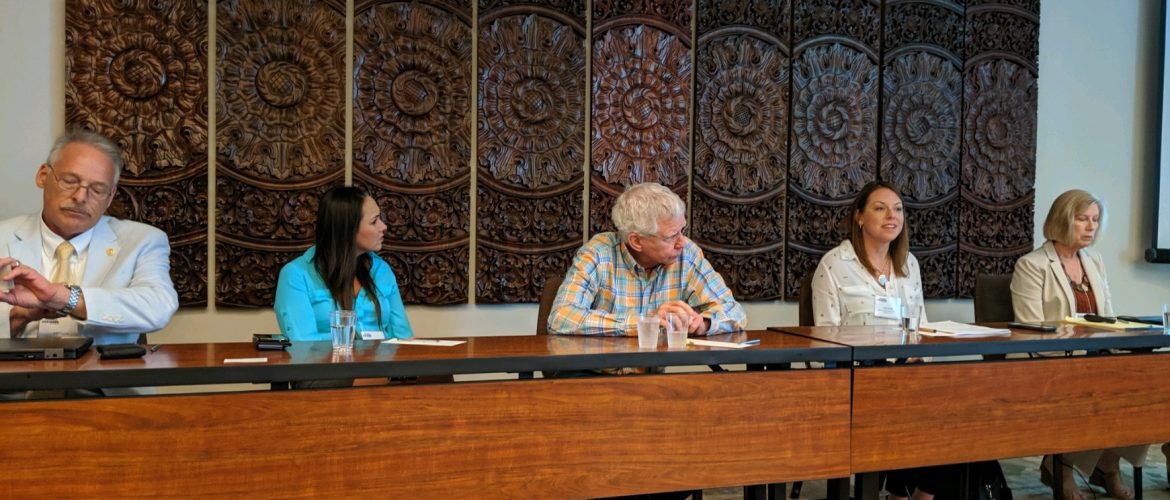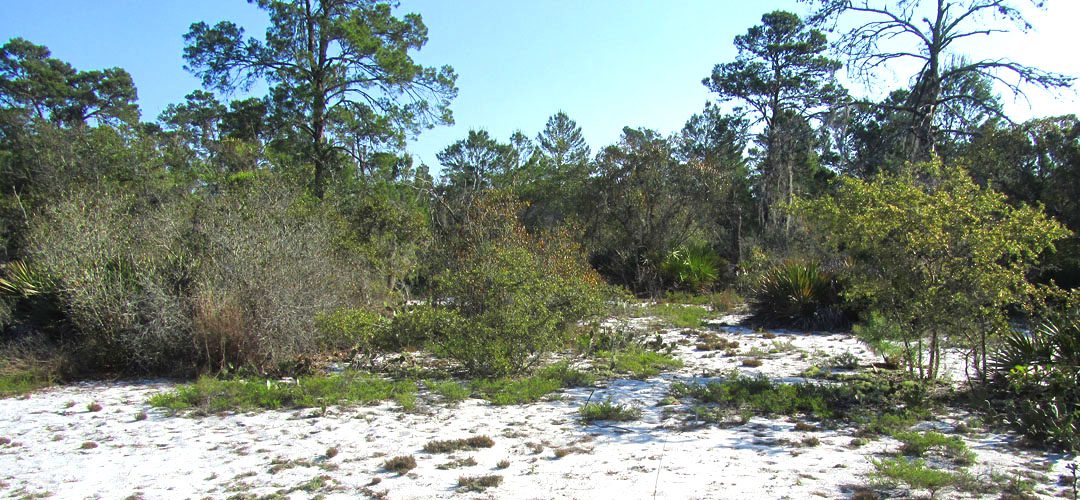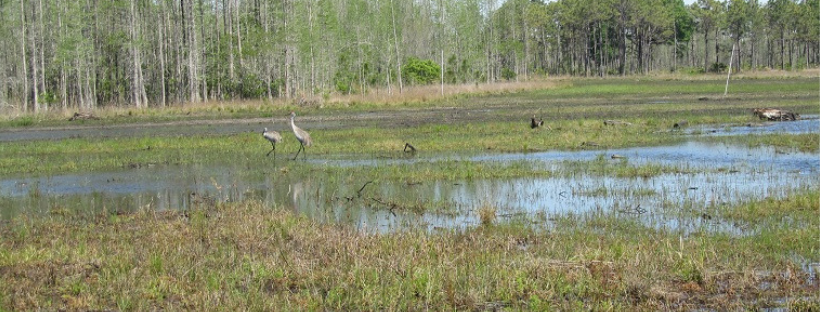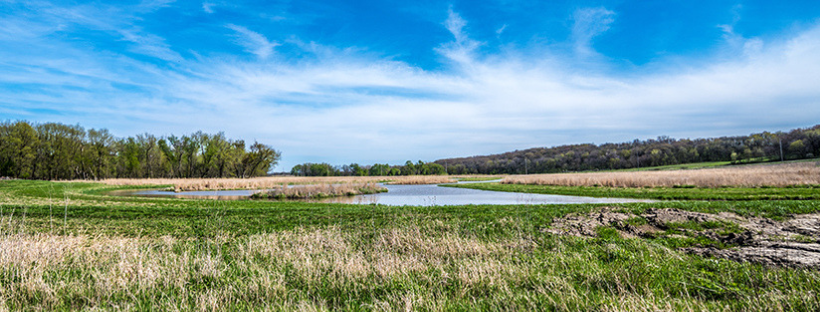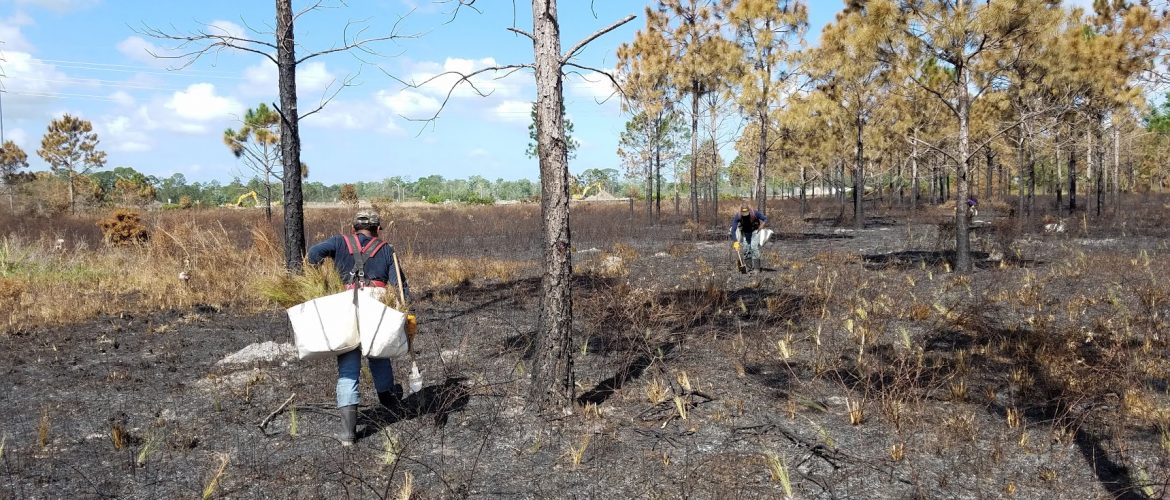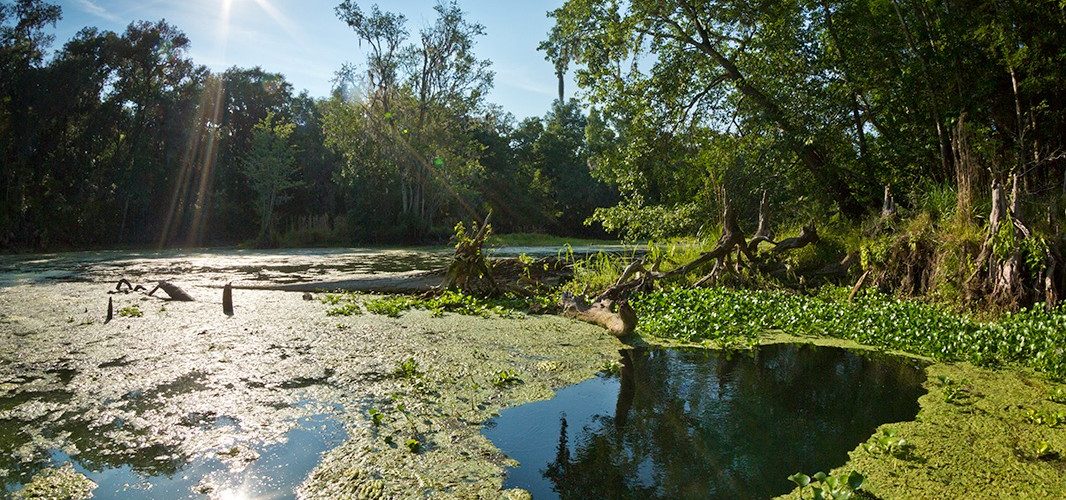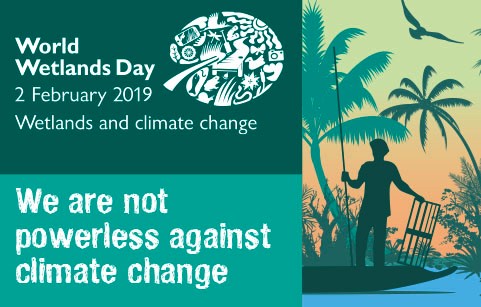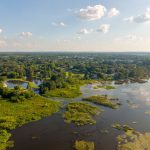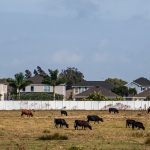Watch this session for the 2019 Florida Association of Environmental Professionals Conference that was held on Friday, September 20th, 2019. The panel discussion was on Mitigation Banking in Florida: Lessons Learned and Future Trends with Victoria Bruce, The Mitigation Banking Group, Inc; John Lesman, Bio-Tech Consulting, Inc.; and Bill Kerr, BKI, Inc. This presentation included the history, current state, and what the future holds of the mitigation banking industry. This panel discussion provided information on lessons learned, challenges and success stories. The Mitigation Banking
Updated: Florida Drainage Basins Watershed Map If you require wetland mitigation on land you are developing, you must purchase mitigation bank credits from the same drainage basin. Plot your project location to find out which drainage basin your project is located in. ACCESS MAP Florida Mitigation Banks & Service Areas Which mitigation banks service my project location? Each Mitigation Bank Permit identifies a geographic area served by the permitted mitigation
The Environmental Permitting Summer School is attended by attorneys, consultants, engineers, state and local government officials, developers, landowners, and others with a strong interest in environmental issues in Florida. I am incredibly honored that I was able to exhibit and speak at this year’s event in Marco Island, FL. Did you know that this is the 33rd straight year of this event? During the panel discussion, I spoke on the subject of Mitigation Banking Practical Considerations: Challenges and Opportunities. Although not a
LAKE WALES RIDGE CONSERVATION BANK The Lake Wales Ridge Conservation Bank which provides sand skink conservation credits along the Lake Wales Ridge in Florida recently completed a successful prescribed burn within a 57.8 acre range of the 363.5 acre conservation bank. The conservation bank also provided results that the exotic/nuisance species cover in the scrub area has been reduced to less than 1 percent! This 363.5-acre conservation bank, located in Polk County, Florida is one of the largest areas of pristine
Every year I attend the National Mitigation Banking Conference to connect with key leaders and stay up to speed on how the mitigation, ecosystem & conservation banking industry is doing. Love this conference as it brings together policy, business, science and people investing in the environment for a few days. Below are a few recap videos I did while in Minnesota with some of the things I took from the conference each day. Day 1 https://mitigationbankinginc.com/wp-content/uploads/2019/05/National-Mitigation-Ecosystem-Banking-Conference-Day-1-Recap.mp4 Day 2 https://mitigationbankinginc.com/wp-content/uploads/2019/05/National-Mitigation-Ecosystem-Banking-Conference-Day-2-Recap.mp4 Interview with
During the National Mitigation & Ecosystem Banking Conference, I had the honor of sitting down with John Paul Woodley Jr. and talking with him about our industry. John Paul is a former Assistant Secretary of the Army. Here is our interview: https://mitigationbankinginc.com/wp-content/uploads/2019/05/Conversation-with-John-Paul-Woodley-Jr-NMEBC2019.mp4 During John’s time with The U.S. Army Corps of Engineers and U.S. Environmental Protection Agency, the Corp released a rule to clarify how to provide compensatory mitigation for unavoidable impacts to the
Reedy Creek Mitigation Bank just planted 20 acres last month after a nice looking burn was used to knock back rubus, dog fennel, and competitive pasture grasses (Bermuda and bahia). This site was used for cattle grazing and sod production in the past, so restoration efforts of Prescribed Burns, Planting, and Spraying has been a great prescription for this land. The Reedy Creek Mitigation Bank is scheduled to put 50,000 grass plugs (17 total species) on three-foot centers in the
As of April 2019, Florida has 81 Federally permitted mitigation banks and 32 mitigation banks that are pending the federal permitting process. As you can see from the map below, the service areas that mitigation banks represent is majority of the state of Florida. The mitigation banking industry is growing strong since its inception in the 1990’s. The mitigation banking industry grants private landowners credits for investing in restoration; landowners can then sell these credits to developers who
World Wetlands Day is celebrated yearly on February 2nd and was created to bring awareness to the value of our wetlands and planet earth. This holiday was established in 1997, and has grown more popular each year. Both governmental and non-governmental agencies come together to bring awareness and showcase the benefits of our planet’s wetlands. https://mitigationbankinginc.com/wp-content/uploads/2019/02/World-Wetlands-Day.mp4 In 2015, a photo contest was created to accommodate to the youth in our growing age of technology. Star Alliance Biosphere

